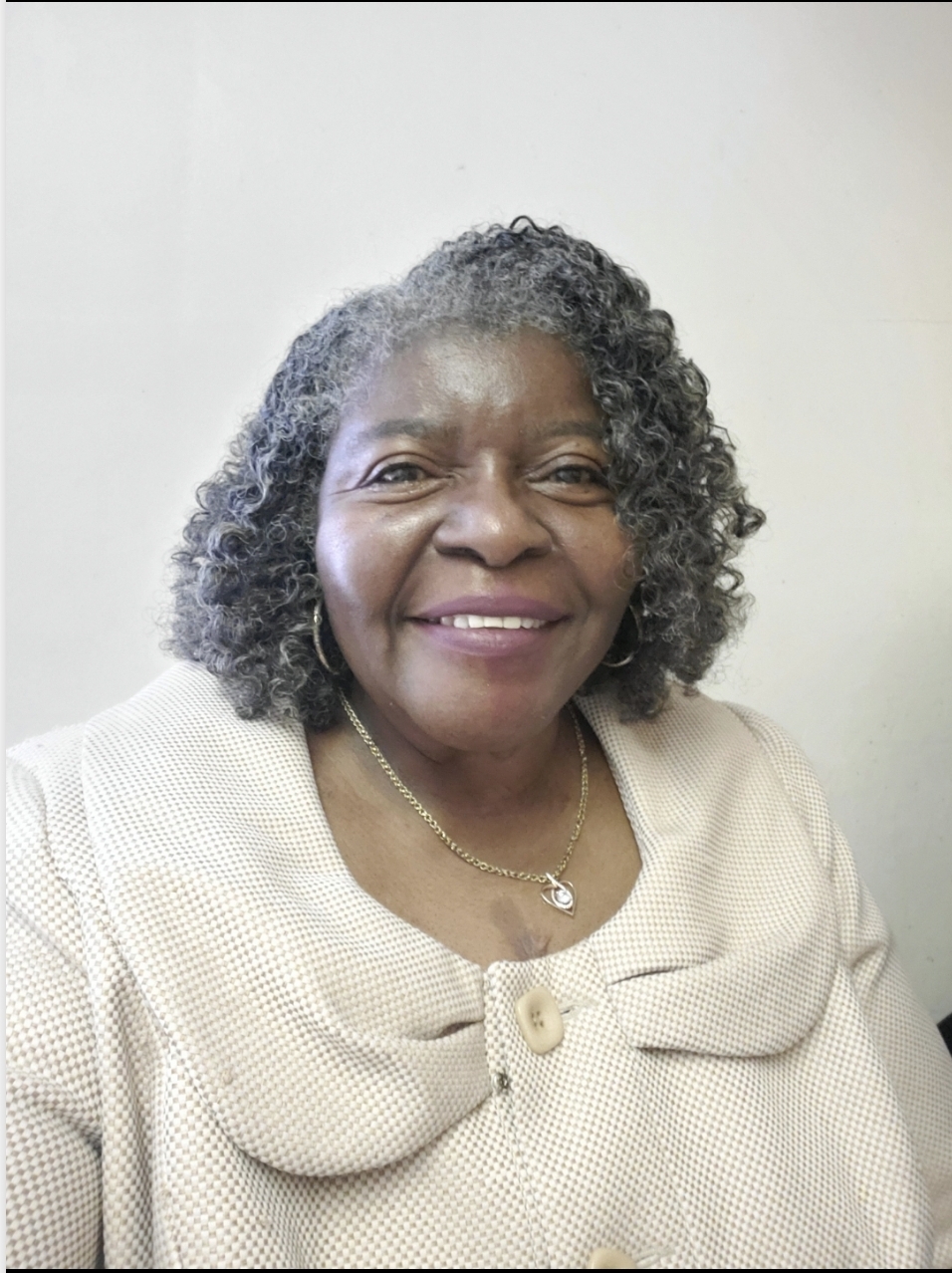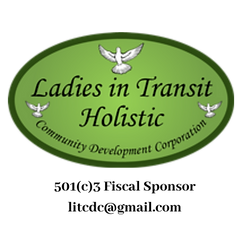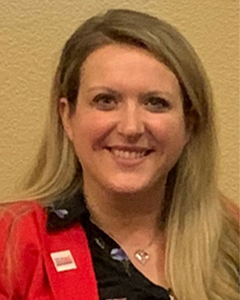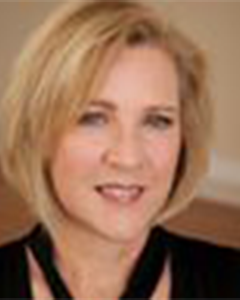What is the mission of your business/organization?
The mission of Ladies in Transit Holistic Community Development Corporation is to help families and individuals transition from hardship to economic stability.
What is the story behind your business’ success?
The story behind my business success is my empathy to the social service needs of mankind and starting a business that offers social services to individuals and families who experience economic hardships which include hunger, low income, no income, disabilities, and other life changing challenges. My business success also includes sponsors, board members, volunteers, and other supporters who research grants, resources, and help the people we serve transition from hardship to economic stability. Education contributes to my business success because my Masters degree in Public Administration educated me on how to manage a tax-exempt nonprofit organization. Continous education and training keeps me updated on how to serve the public and keeps me aware of the economic challenges experienced by communities. Finally, I love working with the public and love helping others overcome challenges that interfere with their personal and financial well-being.
Can you offer one piece of advice to other business owners?
The one piece of advice I have for other business owners is engage in continous education to learn as much as you can about your business. Learning helps business owners meet the needs of the people we serve and helps businesses grow.
What products or services do you offer?
The services my nonprofit business offer includes, 1) free first come-first serve food pantry with a weekly drive-thru food distribution every Thursday, 12 PM-3 PM; 2) proxy delivery food distribution to individuals who cannot independently pickup free food from food pantries; 3) volunteer opportunities; 4) fiscal sponsorship for nonprofits pending a tax-exempt status; 5) notary public; 6) administrative support for individuals who need help completing forms; 7) social service support; 8) referrals; 9) business consultations; 10) business startup support for potential new business owners; and 10) other social services upon request.
What distinguishes your business?
Our weekly drive-through food pantry is the primary service that distinguishes my business. Our clients love the convenience of the drive-through because they do not have to get out of they vehicles. Clients pull up as directed and the volunteers load vehicles with bags filled with free food, beverages, snacks, and bags of personal care items. Disabled clients who do not drive and/or clients who cannot pick up in person have the option to authorize a proxy to pick up food for them. Another thing that distinguishes my business are the business volunteers who deliver food every Friday to Burlington Manor senior home to the elderly residents who cannot pick up free food on their own.
How do you define success in your organization?
My definition of success for my organization is our ability to meet the food challenges and social service needs of the communities we serve. Multiple client verbal and written thank you, client referrals to my business, and the weekly increase in food distribution and other social services publicly defines the success of my organization.
Why did you start your business? What drives you?
I started my business in 2010 after I retired from the workforce because a lot of employees I supervised confided in me on the job about their financial challenges and their need for additional food and financial resources to help with their employment resources. I had a long-term reputation with my co-workers for referring others to legitimate social services. My reputation for helping others followed me into retirement. In 2009, a family member recruited me to help his friend with the friend's nonprofit. The friend finally encouraged me to start my own nonprofit in 2010 because the friend implied that I work well with the public and he knew that I love community outreach. The primary aspect of community outreach that drives me are my childhood memories of economic hardships that resulted in my and my four siblings court-ordered removal from our mother's home to live in a foster home until my father's sister was given court custody of me to live with her from age six until I graduated high school and married at age 18. My childhood challenges give me first-hand experience of hardships and makes me emphathetic about the challenges experienced by no-income, low-income households.

![AdobeStock_518104127 [Converted] AdobeStock_518104127 [Converted]](https://growthzonesitesprod.azureedge.net/wp-content/uploads/sites/1443/2022/08/AdobeStock_518104127-Converted.png)




